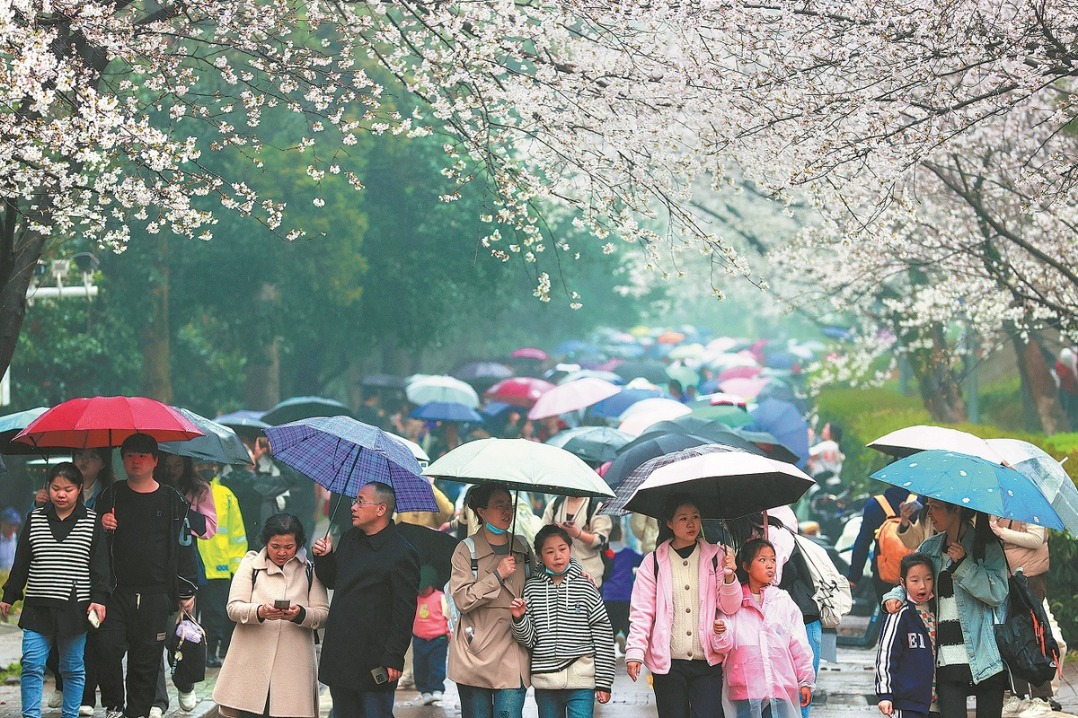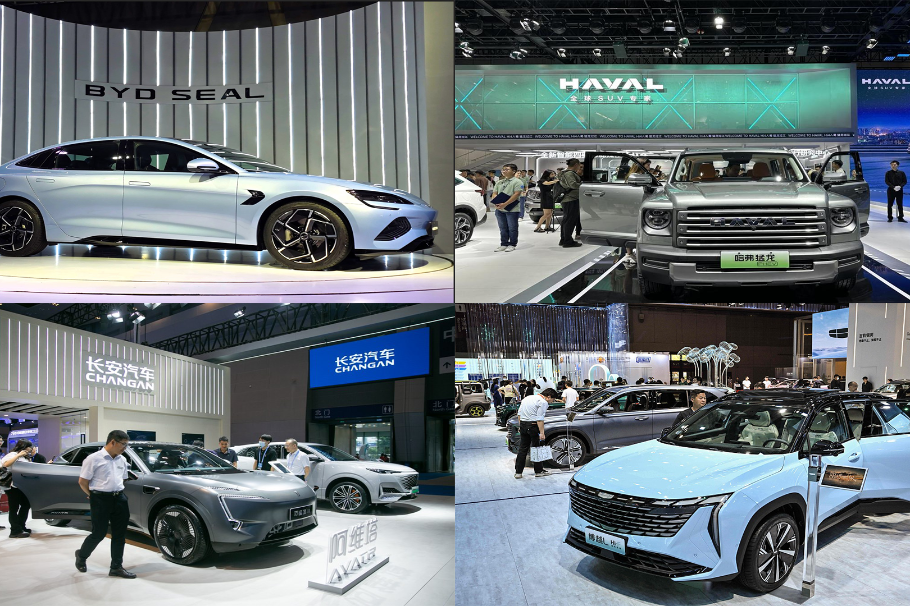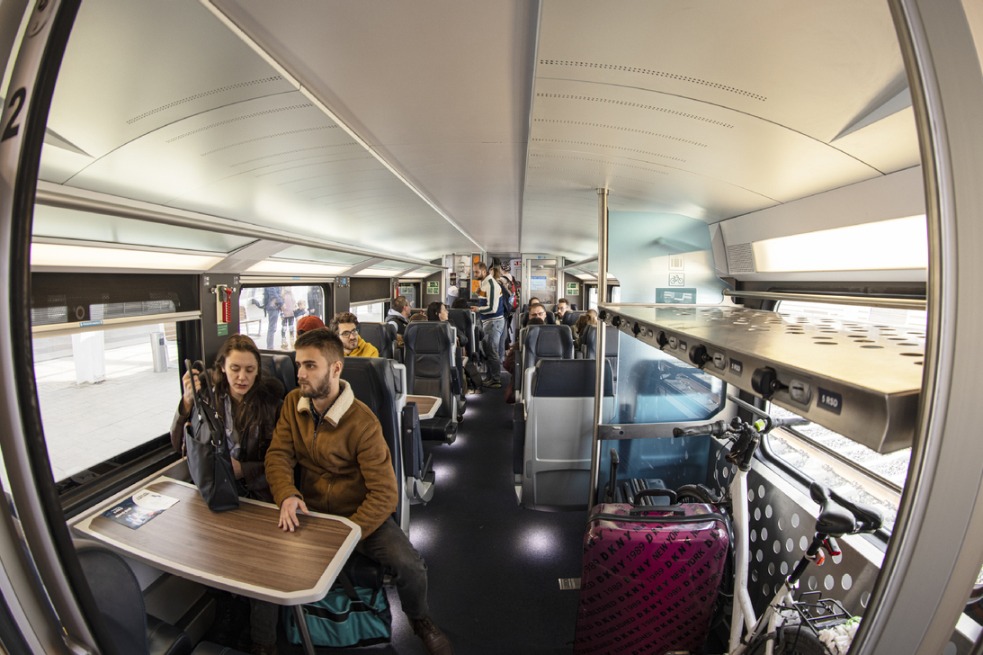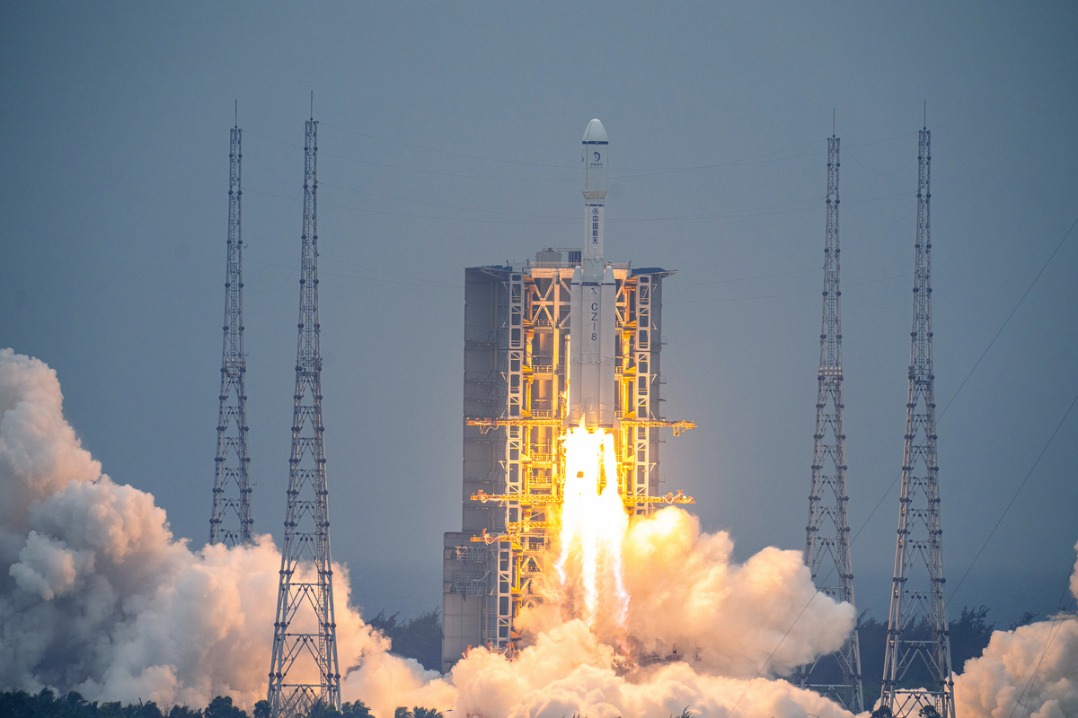Metro line to link Wuxi, Suzhou and Shanghai
By Zhou Wenting in Shanghai | China Daily | Updated: 2024-03-22 08:55
Shanghai and Jiangsu province's Suzhou and Wuxi will be interconnected by a metro system in 2030 as scheduled, according to a recent announcement of a line that will run between the two Jiangsu cities.
Shanghai and Suzhou have already been linked through metro lines since June.
Starting at the east point of Suzhou's Huqiu district, the new metro line that is scheduled to be completed in 2030 will stretch into Xinwu district of Wuxi, according to a document released online by the two city's metro operators on Monday to solicit public opinions.
The line will help facilitate trips between the two vibrant cities in the Yangtze River Delta region, of which the integrated development is a national strategy.
Zhang Haohan, chairman of the Jiangsu Regional Development Research Association, said that the integrated development of the delta region used to focus heavily on Shanghai and other cities, and this marks the first time that two cities other than Shanghai are joining hands to establish an intercity metro project.
"Cities in Jiangsu have a strong sense of competition with one another. Now they've joined hands, transforming cross-city transportation into commuter transportation. It'll certainly help residents both in Wuxi and Suzhou to be more integrated in commuting and accessing life services," he said.
The project has not been totally well-received by residents. Some have complained that the entire project, which will involve nearly 100 stops on four metro lines through the three cities, is too time-consuming, and they might prefer taking a regular train.
A train ride from Shanghai to Wuxi can take between 42 minutes to an hour. Prices range from 47 yuan ($6.50) to 69 yuan.
But others said the metro system will serve as a favorable option when train tickets are sold out, and it will save them from having to travel to many railway stations.
Li Jian, who researches the economy of the Yangtze River Delta region at the Shanghai Academy of Social Sciences, said that he prefers a design with more layers for regional public transportation, especially in the large, densely populated delta region.
"By more layers, I mean intercity railway is the best choice for trips between cities, and the high-speed train is better for a larger geographical scope. Metros work best within cities," Li said.
"So such time-consuming trips on the metro will not be very attractive for young people working across cities. But they may appeal to some older people who are not so time-sensitive, and those who need to cross cities but only need to go a few stops," he said.
zhouwenting@chinadaily.com.cn






















